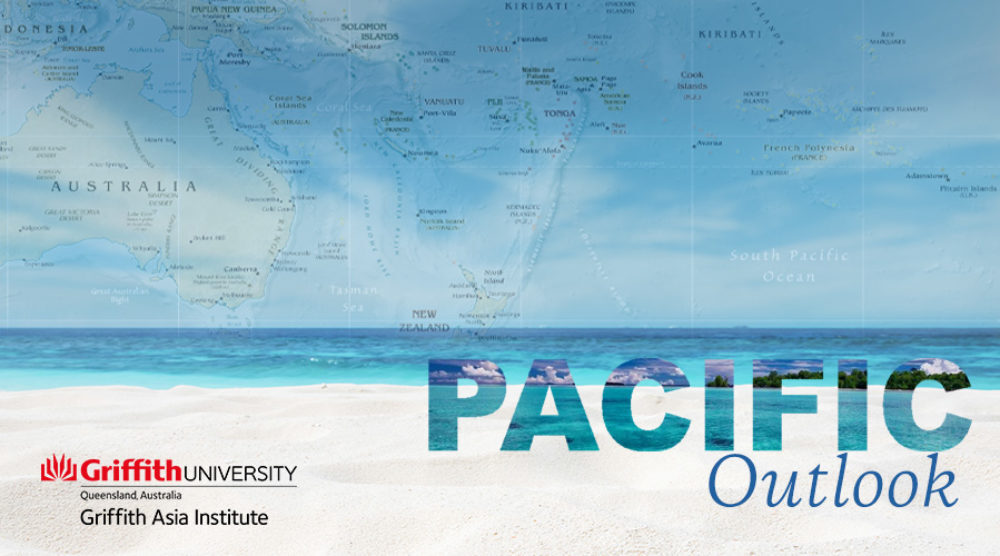TESS NEWTON CAIN |
Significant changes mooted ahead of elections in PNG
Papua New Guinea is scheduled to hold general elections during next year. The current government has confirmed that they will proceed despite the country being in the midst of the COVID-19 pandemic.
There have been calls for significant changes to be made to the PNG electoral and political systems.
Last week in Parliament the PM revealed that a private member’s Bill had been tabled which called for a change to the voting system from ‘Limited Preferential Voting’ to ‘First Past the Post’. As this would require constitutional change, it will need to get two-thirds of the MPs to vote for it, which is unlikely in the current Parliament.
A special parliamentary committee also tabled a report recommending the introduction of reserved seats for women. The PM said in Parliament that several options were under consideration. However, it is unlikely that any significant changes can be made in time for the 2022 elections.
Pacific kava growers react to Bundaberg mayor’s comments
Recent comments from the mayor of Bundaberg, in Queensland, have sparked a strong reaction from members of the kava industry in the Pacific islands region.
The mayor, Jack Dempsey, suggested that kava could be grown in Queensland or that Bundaberg could be a centre for processing the root for selling in Australia and elsewhere. Whilst Mr Dempsey no doubt has good intentions, his suggestions sparked anger in the region.
An informal group – the Pasifika Kava Forum (of which I am a member) put out a statement calling for a ban on the export of kava growing materials from Pacific countries such as Vanuatu, Tonga, and Fiji where it is a key agricultural crop.
The kava growers and exporters of the Pacific islands region are much more focused on getting access to the Australian market for kava exporting. A long-promised trial of commercial importation into Australia has yet to materialise.
Tonga and PNG contemplate use of death penalty
There have been discussions in both Tonga and Papua New Guinea related to use of the death penalty.
In Tonga, a bill put forward by the Speaker, Lord Fakafanua, aims to apply the death penalty to those convicted of importing 5kg or more of a Class A drug into the country. Tonga is one of several Pacific countries dealing with an increase in drugs-related crimes.
Tonga is one of two Pacific island states that retains the death penalty on the statute books. However, it has not been used for 40 years.
The other country which continues to recognise the death penalty is PNG. In that country it has not been used for over 70 years. However, a recent decision of the courts to lift a temporary ban may have cleared the way for the execution of fourteen people who are currently on death row.
Pacific nations join to express support for Afghanistan
A number of Pacific island countries have signed a joint statement further to the fall of the Ghani government in Afghanistan.
In a short statement, numerous members of the Pacific Islands Forum (PIF) joined with other countries to voice their concerns over the deteriorating security situation in Afghanistan. The statement calls for a restoration of security and for those seeking to leave the country to be allowed to do so safely.
Both New Zealand and Australia are involved in military missions to evacuate their own nationals and others from Kabul.
The statement goes on to say that the international community stands ready to offer assistance to the Afghan people.
The PIF members who are signatories to the statement are: Australia, Federated States of Micronesia, Fiji, Nauru, New Zealand, Palau, Republic of Marshall Islands, and Tonga.
Tess Newton Cain is an Adjunct Associate Professor at the Griffith Asia Institute and project lead of the Pacific Hub.








